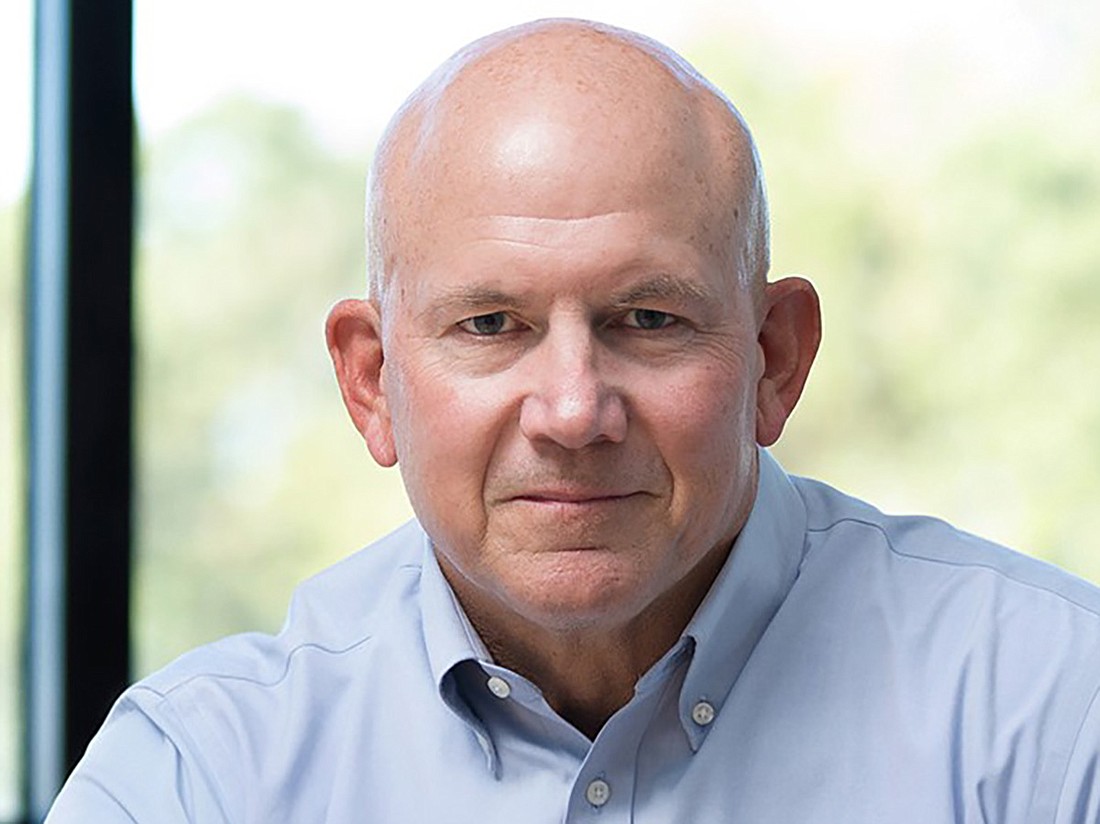
Casting our minds back to the tumultuous economy of spring 2020, when the world grappled with the uncertainties of the COVID-19 virus, employers were navigating the challenges of safeguarding employees, and workers were uncertain about the stability of their paychecks.
Simultaneously, industrial property landlords were receiving little if any rent.
Remarkably by the fall of 2020, a transformation was underway in the US industrial market.
A surge in demand was fueled by a deeper understanding of virus prevention and treatment, substantial federal stimulus payments, a boom in e-commerce-driven consumer spending, and historically low interest rates.
The ensuing three years witnessed an unprecedented era of industrial development and leasing.
Lamentably, all good things must come to an end (referring to the economic expansion).
By the Q4 of 2023, the U.S. industrial markets began to reflect a slowdown in tenant demand and rental rate growth. This deceleration was accompanied by rising costs of funds, historically elevated construction expenses, and heightened lender scrutiny.
Collectively, these indicators point toward a return to typical market fundamentals reminiscent of the industrial markets in 2018 and 2019.
Like Marty McFly traveling back in time to ensure the prevention of Doc Brown’s distortion in the universe, industrial developers must revert to the discipline of moderate market fundamentals to avert a recession in industrial investments.
Although the fervor of the early 2020s industrial development market has waned, the sun still shines on the industrial development industry.
Industrial markets in Jacksonville and nationally boast vacancy rates well below historical averages, unemployment rates are at record lows, and the cost of funds is settling into a predictable and modest range.
These factors collectively underpin a healthy outlook for industrial real estate for the next 24-36 months, barring any unforeseen disruptions in the universe, be they caused by Doc Brown or other unpredictable forces.
Peter Anderson Is an At- Large Director of the NAIOP Commercial Real Estate Development Association Northeast Florida Chapter.